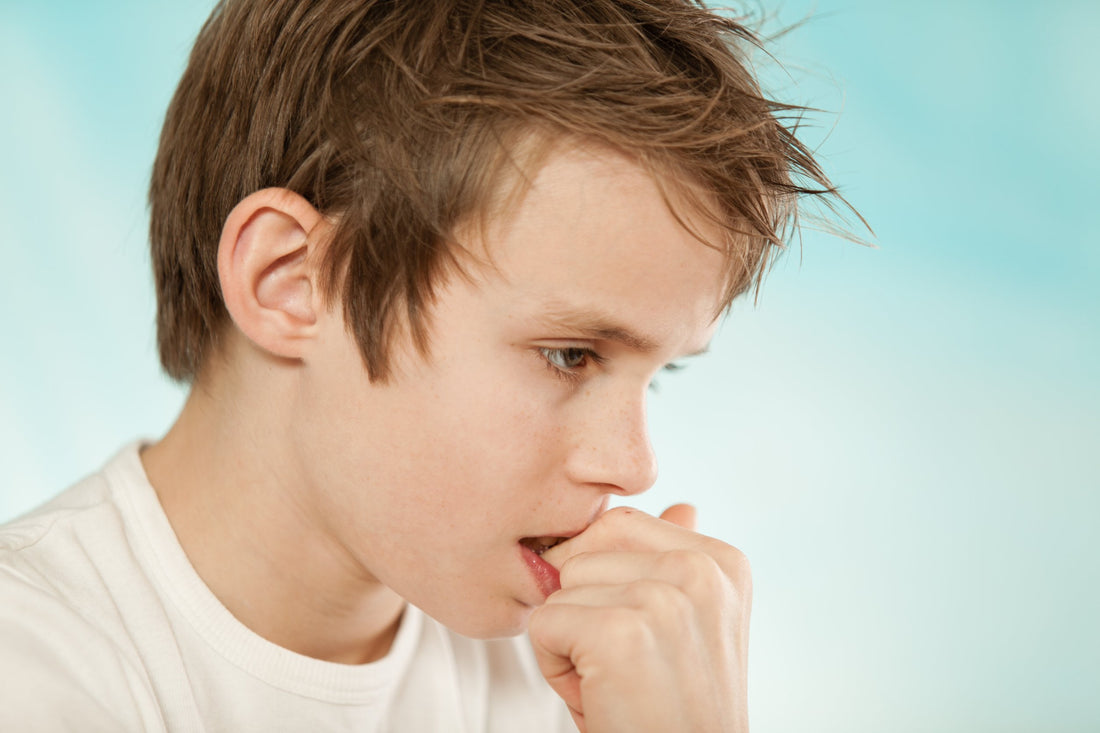Early Warning Signs of Anxiety in Children
| updated:Share

Children face many changes growing up, from hormonal to environmental. All the changes little ones face can present challenges, and those challenges can manifest as anxiety.
Anxiety is not a word to fear. Many people with anxiety and other mental health conditions thrive and lead successful, happy lives. Still, parents need to recognize anxiety for what it is: a condition.
Anxiety can run the gamut from mild to severe, like most health disorders—understanding how your child fares on the anxiety spectrum can help you determine the best ways to help.
Common Symptoms of Anxiety in Children
It can be challenging diagnosing anxiety disorders in children and young individuals because of hormonal changes. In teenagers, hormones fluctuate so frequently that mood swings and irritability are common.
The common signs of anxiety can also indicate temporary signs of stress, meaning misinterpretation is possible. The most apparent symptoms of anxiety include:
- Irritability and outbursts
- Appetite changes
- Sleep changes
- Low energy
- Fatigue
- Complaints of frequent headaches and stomachaches
- Withdrawal from social activities and hobbies

What Causes Anxiety Disorders in Children?
Anxiety disorders stem from environmental, biological, or genetic characteristics. The younger a person is when they develop anxiety as a condition, the more likely it is hereditary. Still, children can also develop anxiety from traumatic experiences, such as loss or abuse.
While anxiety can be a learned behavior, it is more often a chemical imbalance. The brain depends on specific neurotransmitters to help it process situations. Serotonin is a mood stabilizer and chemical messenger. Anxiety can stem from a lack of serotonin in the brain. Some anxiety medications, such as Prozac, help increase serotonin levels, reducing instances of panic and creating feelings of calm in the patient.
Because every patient is different, a doctor or psychiatrist must meet with potential patients to determine the best course of treatment. Again, some people will only require behavioral therapy.
How To Help Your Anxious Child
As a parent, having a child with anxiety is difficult. You want to do everything to keep your little one safe, but that can lead to poor judgment. One of the worst things you can do for an anxious child is to avoid things and reinforce their fears.
If you want to protect and help your child:
- Engage with them.
- Help them discuss their emotions around specific triggers.
- Try to understand where they are coming from without empowering their fears.
The best thing you can do for your child is to be present. Sit with them during a panic attack. Help them slow their breathing. If possible, stay in the situation. For example, if your child is afraid of the dark, do not go into their room and turn on every light. Sit with them at the moment. Help them realize there is nothing to fear, but don't dictate how they should feel.

Treatments for Anxiety Disorders in Children
There are two recommended treatment options for children with anxiety disorders: cognitive-behavioral therapy and medication. CBT is a form of talk therapy that teaches children how to manage their anxiety with the help of breathing and other techniques.
SSRIs are the medication of choice for treating anxiety disorders. However, the FDA warns that some SSRIs have been linked to suicidal thoughts in a small percentage of children.
When To See a Professional
Some anxiety is normal. Children and teenagers will face their fair share of hardships and heartbreaks that lead to panic, fear, or natural anxiety. If anxiety becomes persistent, you should seek medical help. If left untreated, anxiety can increase the risks of depression, substance abuse, social isolation, and suicide.
As parents, the best thing you can do is be there for your children. You can guide them and nurture them to help them thrive.


